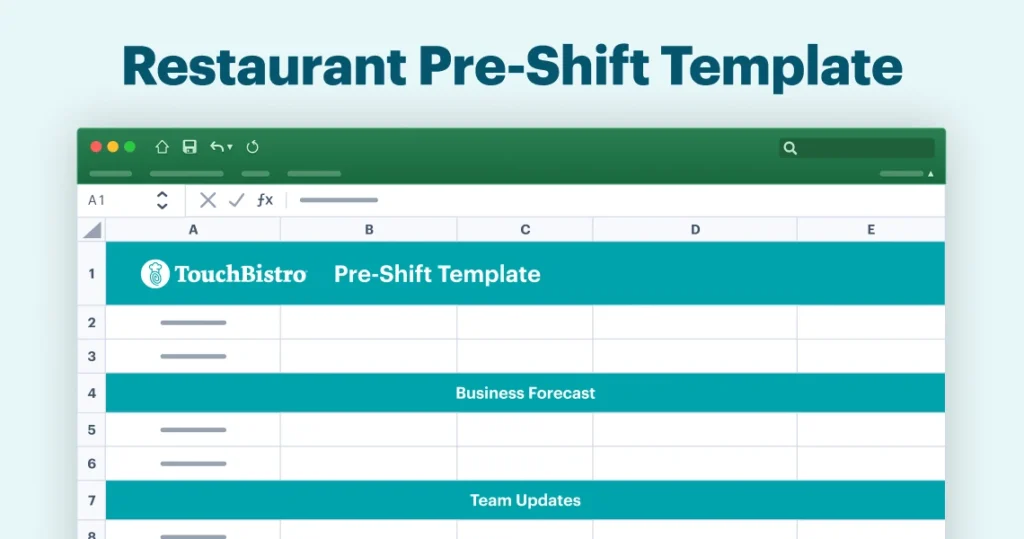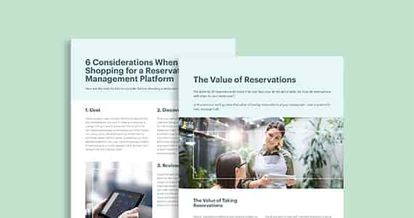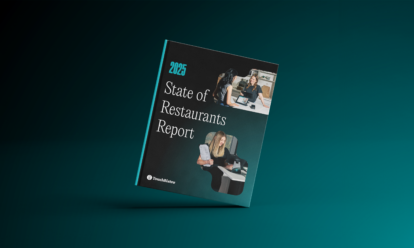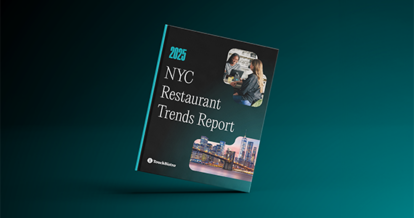Millions of people worldwide clock in and out every day to work as chefs, cooks, servers, bartenders, bussers, and dishwashers. For tipped employees and in-demand chefs, hospitality can be lucrative, fun, and exciting. However, it can also be riddled with downsides such as depression, high stress and internal and external abuses such as addiction and harassment.
According to the Center for Disease Control, one in five adults in America experience one or more mental health issues. In the hospitality industry, these rates tend to be higher because of long hours, high stress and constant scrutiny. One bad Yelp review or Facebook post could lead to an employee losing their job or questioning their worth.
The Heirloom Foundation, a nonprofit organization specializing in mental health issues and substance abuse amongst hospitality workers conducted a study in partnership with Chefs with Issues to learn more about the prevalence of depression in restaurants and bars. Together, these organizations found 94 percent of the 1,000 participants surveyed reported experiencing current or past mental health issues. Depression, anxiety and substance abuse ranked as the tops three issues. Additionally, only two percent of these people felt comfortable enough to be honest about their sufferings at work.
Sarah Ory, Executive Director of the Heirloom Foundation says it’s no surprise hospitality workers often struggle with addiction and mental health issues. According to Ory, “as public interest in food and restaurant culture has increased, restaurant workers experience more pressure and more competition. When combined with unrelentingly long hours in a work environment that often doesn’t allow weakness, it’s no mystery why we see high instances of abuse, stress, depression, anxiety and other mental health issues in hospitality.”
By creating a healthy, supportive, and positive work environment, restaurateurs can alleviate some of the negative mental and emotional effects their employees are often faced with.
Here are six ways restaurateurs can create a positive work environment and improve mental health in restaurants.
1. Hire the Right People
Your employees play a starring role in the culture of your organization, if you want your venue to be a place people enjoy coming to work it’s important to hire the right people. Recruit people who are friendly, easy going and team players (this includes all FOH, BOH, and management staff members). Lead by example, if your employees see you as open, receptive and on their side, staff morale will be higher and any pending issues will be easily solved.
2. Break Bread with Your Employees
Offer your staff members a free pre-shift meal and eat with them. This doesn’t need to be elaborate, but it should be enough to keep your staff fueled and well-nourished for the next eight plus hours. A nice meal will ensure your staff have enough energy to last throughout their shifts, and enable them to maintain a positive attitude– after all no one wants to be served by a ‘hangry’ person!
3. Encourage Positive Thinking
Studies show positive thinking helps to lower stress, negativity, and depression. For example, you could start each pre-shift meeting by going around the room and having each staff member list three things they are grateful for. This will help everyone appreciate what they already have, and start each shift on a positive note. Another idea is to select one employee every week to find an inspirational quote, and hang the quote up in a high traffic employee area. By encouraging your employees to think positively you will help them be happier, healthier people – both inside and outside of the workplace.

Use this restaurant pre-shift template to help your staff prepare for the shift ahead, review important service updates, and inspire great work.
4. Build Meaningful Dialogue
Start each day by greeting every employee you see, and take the time to learn about their backgrounds, interests and outside of work activities. Ask questions about specific things, such as, “How are your daughter’s piano lessons going?” or “What classes are you taking this semester?”. By engaging in meaningful conversation and remembering aspects about your employees’ lives, they will feel respected, cared about, and important. In turn, when they are dealing with hardships (in or outside of the workplace) they will be more inclined to come to you for advice, help, or as someone to talk to.
5. Motivate
Help your employees set their own goals and then take time each week or month to review their progress. For example, if you have a bartender who wants to earn more money, you can help them figure out ways to improve speed or service, thereby increasing their earnings. When you have your next meeting you can go over what worked and didn’t work, and why. In addition, goal setting will empower your employees and they will view themselves as integral parts of the business operations, rather than a means to an end.
6. Gratitude, Gratitude, Gratitude
In everyday life it’s common to say “thank you” for goods and services we get from people, so why should the workplace be any different? Appreciate your employees and thank them for what they do, after all, without your employees, customers would sit with empty plates and glasses and hospitality would be nonexistent. By saying, “Thank you” and “I appreciate you,” you are acknowledging your employees’ efforts, and in turn transforming the workplace into one where employees feel nurtured, happy, and respected. Gratitude doesn’t cost you a dime, but you will earn substantially by making it an everyday practice in your business.
Ultimately, as a restaurateur you are the leader of your business. You can choose to make your establishment a positive place where people love to work, or allow it to be a negative one where mental health issues and substance abuse run rampant. What will you choose?
Download your free employee handbook template
Sign up for our free weekly TouchBistro Newsletter







